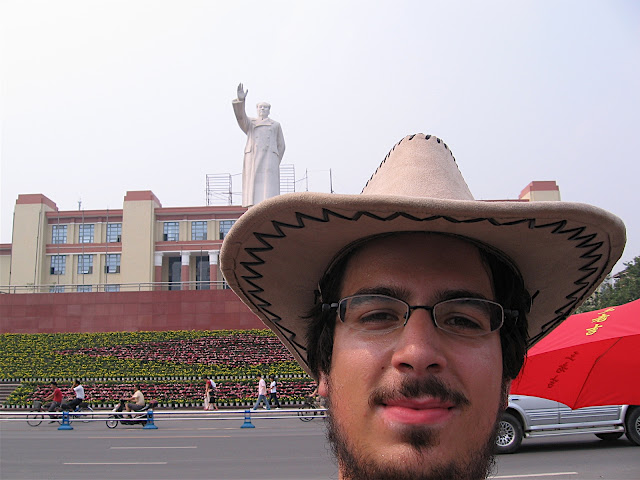Many American soldiers agree. “Everyone says things will implode after we leave,” Lieutenant Eric Kuylman told me. “They’ll blame it on politics and religion, but it’s not going to be any of that. It’s going to be about straight power. It’s going to be guys trying to one-up each other. It’s going to be key people in cities just like this who will want to seize the power gaps. It’s going to break down along tribal lines and these militias that we’ve put in place. When we pull out, there will be power vacuums. There will be pockets of people that we’ve put in power. I mean, everybody already has shaky alliances as it is. So what you’re going to see is the straight seizing of power. People are going to try to put their own tags on it, but it’s just about the seizure of power. It’s not going to be Sunni or Shia, nothing like it. It’s just going to be men who want control.”I mostly agree with this. There will be more violence following USA withdrawal from Iraq because there will be power vacuums in a country overflowing with armed men used to settle conflicts with violence (because of their experiences of the last 5 years of course, not because they are inherently violent). But this does not mean that long term instability will follow; in my opinion, the odds that it goes the Somalia route are low, the internal stability in Vietnam after the Fall of Saigon (if you discount war against external enemies) is a more likely route. Why? Because unlike the Southern Vietnamese government, Maliki wants the US gone. It means he is fairly confident he can retain power even if they leave within a few years. It was Sadr and the Sunnis who were more uneasy about withdrawal; they are probably less confident in their abilities. As Totten writes at the end of the article:
He thinks Iraq will be okay, even so. The Iraqi Army and Iraqi Police are still shaky institutions at best, but they are much more competent than they were a few years ago. The Iraqi Army proved itself earlier this year, against nearly all expectations, when it took back areas under the control of Moqtada al Sadr’s Mahdi Army militia in Basra and Sadr City with only a limited amount of help from Americans.Things might go as planned, but if Maliki plays his cards right he will probably be able to fill the power vacuum.
Via Andrew Sullivan




No comments:
Post a Comment